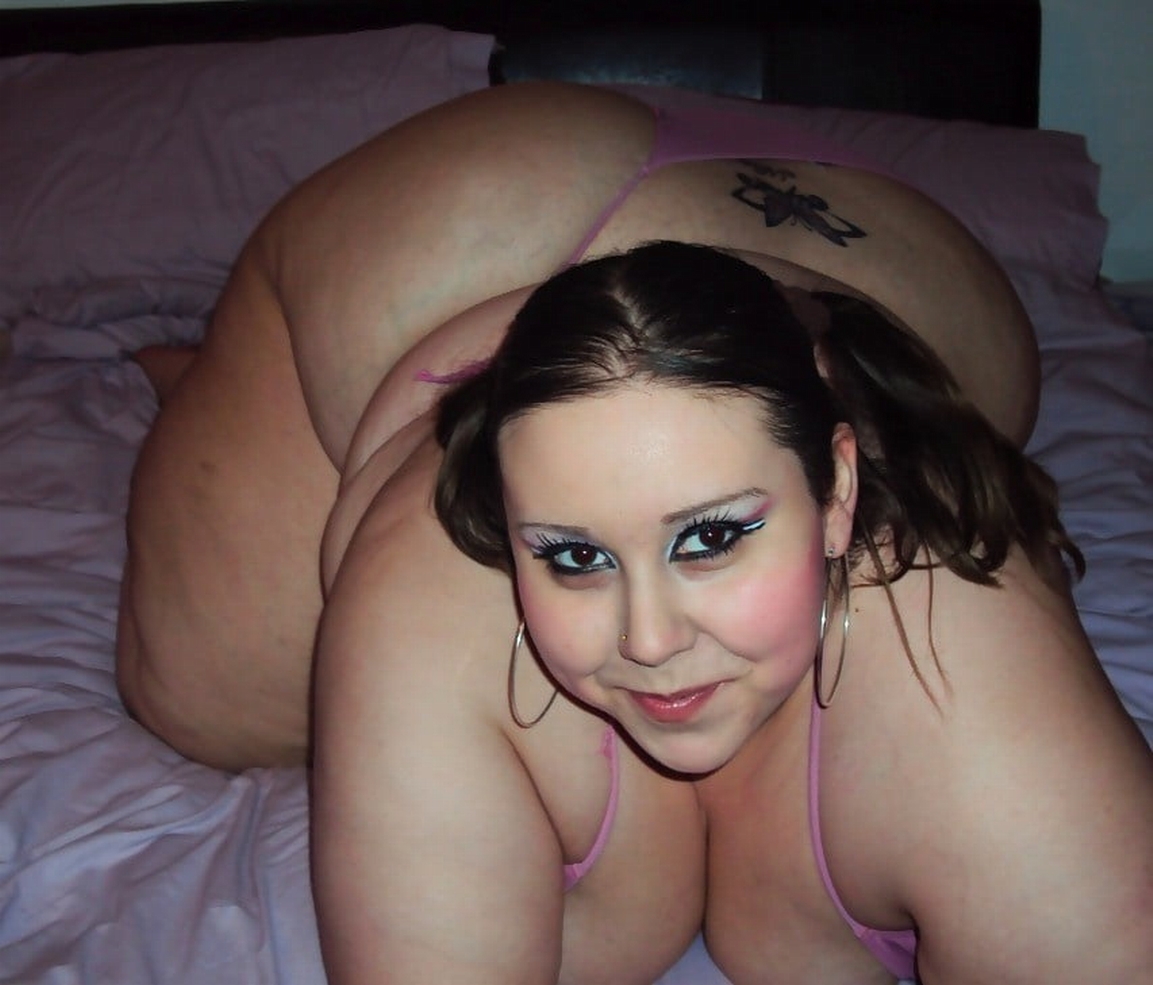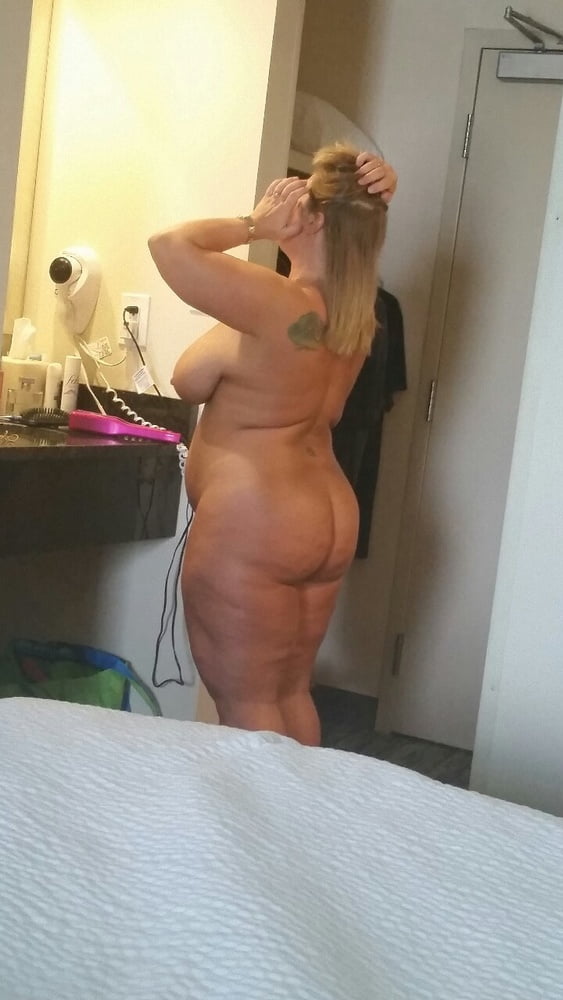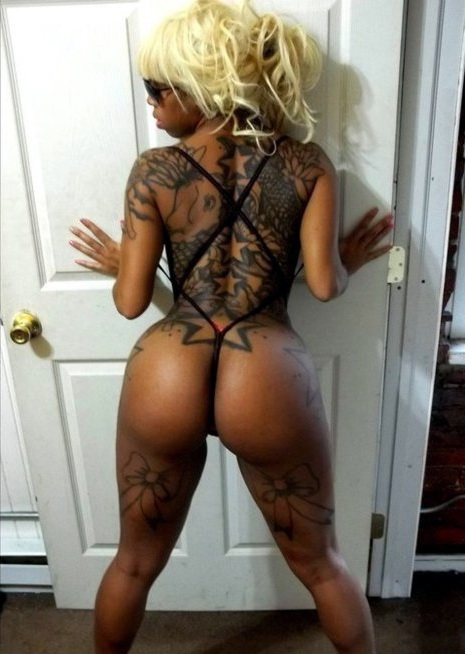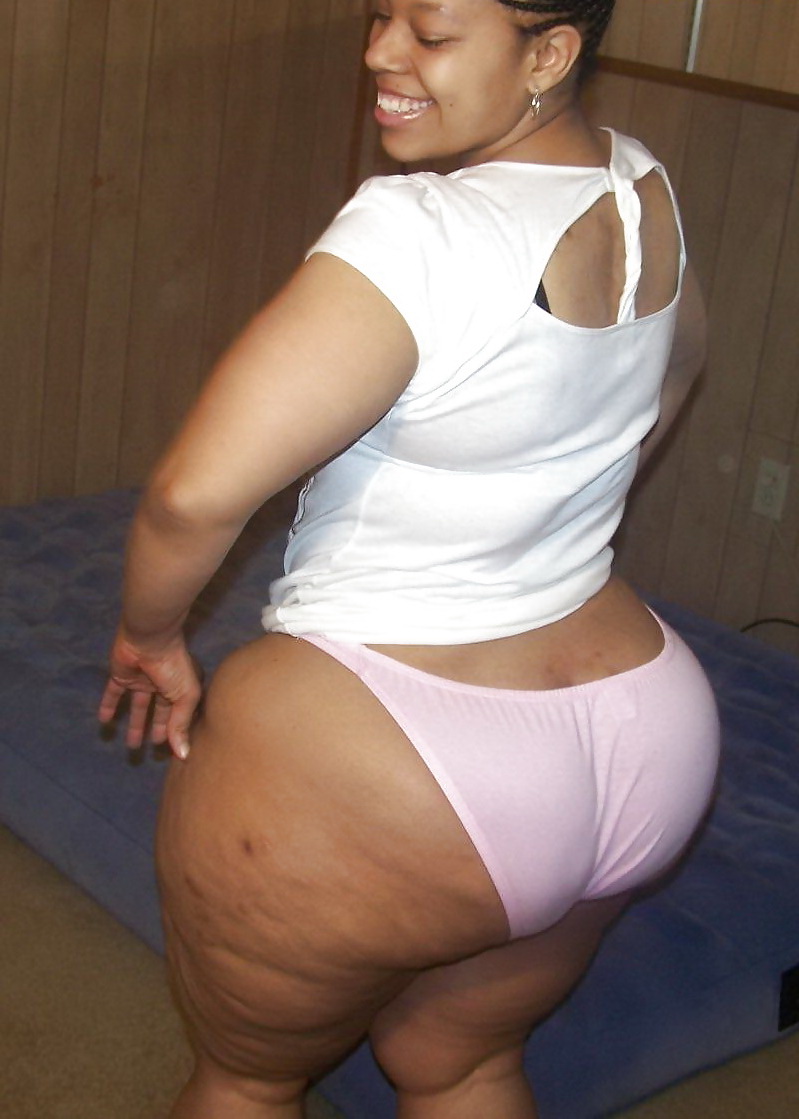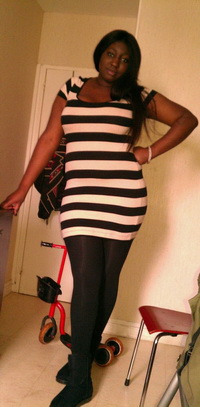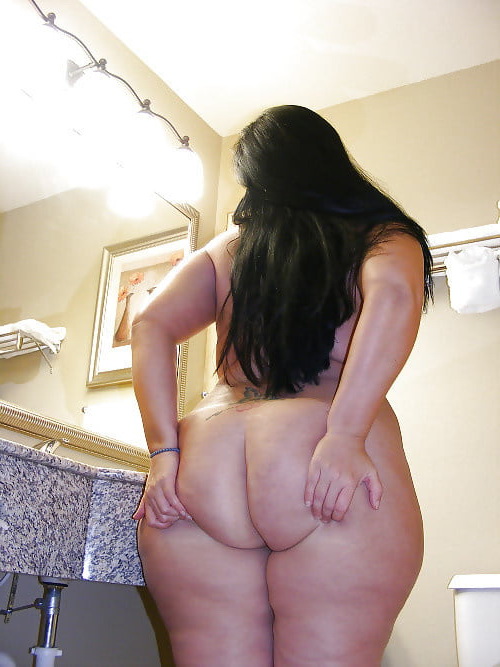Study on internet dating sociology tendencies
On internet dating, 78 percent of women are fighting for 20 percent of men
Whereas men are willing to date different women, and women tend to be more meticulous in their choices.
A very interesting sociological analysis of the relationship between the sexes was published by the American edition of Quillette. If 10-15 years ago online dating was considered a marginal phenomenon, in demand by those who cannot "find a match
for themselves in real life," now dating on Tinder looks like a reasonable way to go outside the usual social circle and not mix friendly
and professional meetings with romantic ones. ... This cultural shift leads to completely non-obvious consequences that may even seem
shocking to some.
Online dating models, like other digital practices, are easy to analyze in terms of data science. And the first results of such studies,
published earlier this year, show that monogamous marriage is coming to an end, and with it the models of sexual behavior and practices
everyone is used to. And it's not that Tinder is provoking promiscuity.
The researchers decided to find out how evenly people choose
attractive partners for themselves, for which they took the model of economic inequality and the famous Gini index as a basis. In it, 0 means absolutely equal distribution of income in a certain society,
and 1 means that all wealth belongs to one person.
To analyze the behavior of heterosexual couples, two such indices are required, where one
will show how women choose partners, and the other - men. With an index of 0, the choice of partners would be absolutely uniform, i.e. each
of them would have an equal chance of being chosen, with an index of 1, all the attention of the opposite sex would go to the one and the
most attractive partner. This is how the "attractiveness market" and the distribution of "income" on it works.
Tinder must be relatively free from social conventions: in it, the initial assessment of partners, opening the way to a
"match" and a potential date, is based on photographs and short information about yourself, rather than on social status and wealth.
So, data scientists working with the dating application Hinge, quite large and representative on the market, found out that the male index
for women is 0.32, which is quite egalitarian and in the economy would correspond to the 75th place in the level of inequality in the world.
Approximately it would equal countries of Western Europe with high taxes and a relatively low level of social stratification. In short, men are ready to meet different women, which, by the way, does not really
correspond to the masculine culture in this regard, which claims that "everyone chooses only beauties."
But the main surprise is that the
similar index of women for men is more than one and a half times higher and equals 0.54, which by economic standards is somewhere in Africa,
the 8th place in the world in terms of inequality, a monstrous rift. In short, women who do not have patriarchy and chastity over their
shoulders prefer handsome men, or rather sexually attractive men, much more often than men - beauties. Practically, it means that in the
free world of online dating, exist huge number of men, who do not have a chance, and who will be left without romance and sex. It
seems that this is close to the Incel subculture.
Based on similar data from Tinder, journalists from Quartz conclude that 80% of men compete with each other for the attention of 22% of the
least attractive women, while 78% of women compete for 20% of the most attractive men.
Research on data from the largest dating service
OKCupid shows that women find 80% of men "below average attractive", and that roughly 80% of men rarely block incoming messages from women -
less than 30% of the time. Men rate "attractive below average" about 50% of women, and these women block men more than 40% of the time.
It's tempting to go into biologization, and suggest that Tinder and other internet dating sites and services bring us back to tribalism and
it is flourishing - at least for some scientists - polygyny. Or make an even more radical approach and remind that in most biological
species it is the females who choose the male for his incredible beauty, and not vice versa. Now Tinder has permitted us to do something
similar. Or remember that women are much more at risk from an evolutionary point of view by getting involved with the "wrong guy" than a man
who is indiscriminate in choosing a sexual partner. But here - in this supposed turn to biology - we need to understand further.
What we have for sure is the statistics, which on millions of "matches" gives unambiguous estimates: men are ready to date different women,
but women prefer only tough guys. Deal with it.
How does this adjust our picture of the world? For me, this indirectly confirms the fact that Christianity was a social game aimed at
establishing a more egalitarian society at the expense of women. Conservatives can rejoice: it turns out that those who advocate patriarchal
marriage may consider themselves more advanced people than those who advocate freedom of choice, but in fact return us to the "biological
norm" that precedes modern civilization.
Perhaps, humanity urgently needs to come up with some new institution to redistribute income in the
"attractiveness market" before a massive riot happened. It seems that only robots will save us.


